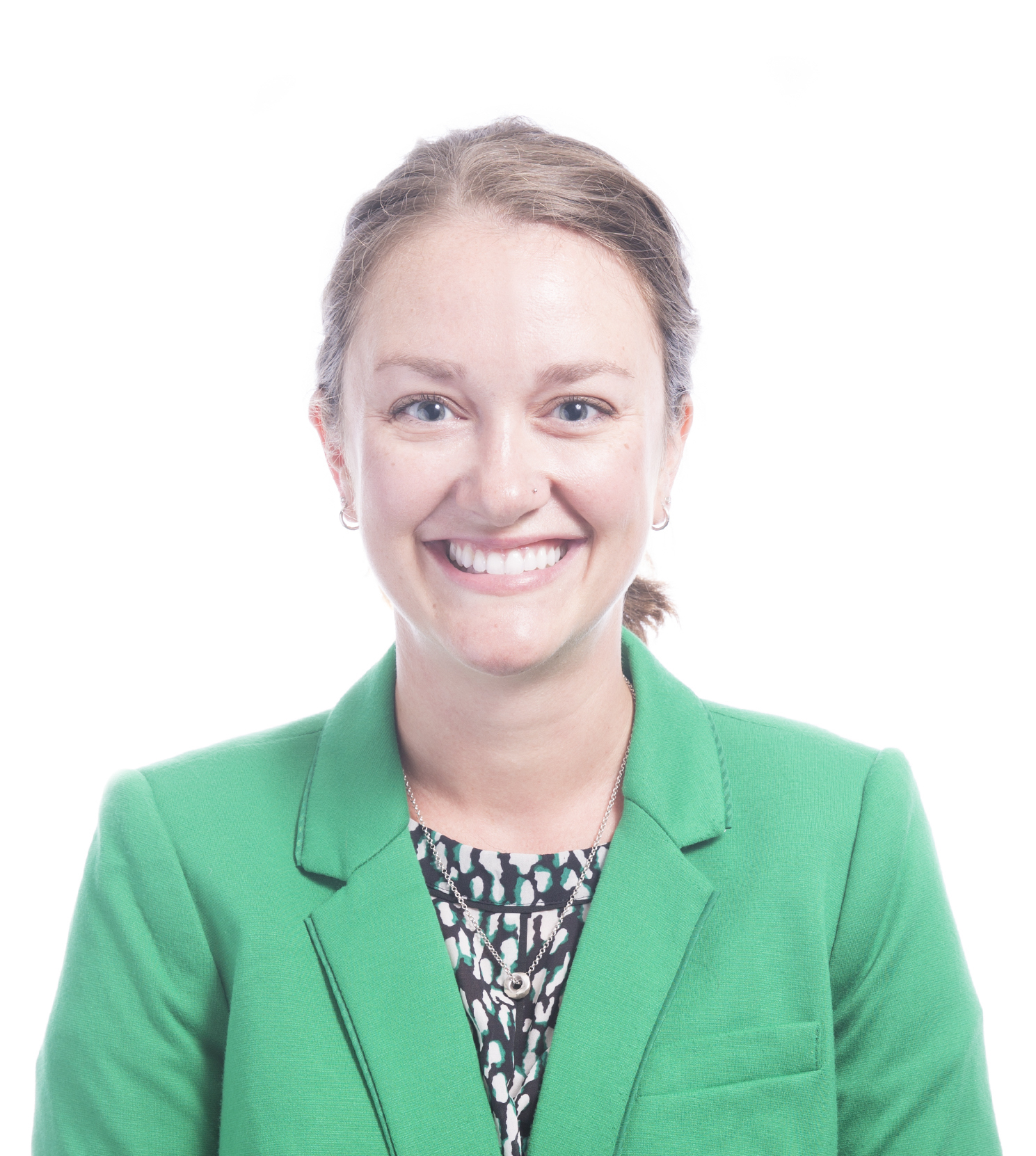Understanding smartness as an oppressive cultural practice in engineering education
| Event Date: | March 24, 2022 |
|---|---|
| Speaker: | Dr. Emily Dringenberg |
| Speaker Affiliation: | Assistant Professor, The Ohio State University |
| Time: | 3:30 - 4:20 PM |
| Location: | ARMS B071 and Online |
| Priority: | No |
| School or Program: | Engineering Education |
| College Calendar: | Show |
It is often assumed that engineers are smarter than others. While this may be a point of pride for some engineers or for the profession, research has shown repeatedly that who gets counted as “smart” is biased and oppressive. Therefore, the role of smartness in society and in educational practice, especially in engineering, is a key mechanism through which inequities are perpetuated. In this seminar talk, I will share the different (and still evolving) ways in which I’ve learned to think about “smart” as a research construct. I will also present my team’s recent research findings on 1) what undergraduate engineering students believe it means to be smart enough to be an engineer, 2) some of the emerging dynamics we see related to smartness as a cultural practice in engineering classrooms, and 3) the ways in which students identify as smart enough to be engineers. I will invite attendees to think with me about the implications of our empirical findings in the contexts of their own praxis (e.g., research, teaching, or administration).
Speaker Bio
Dr. Emily Dringenberg is an Assistant Professor at The Ohio State University in the Department of Engineering Education. In collaboration with the other members of the Beliefs in Engineering Research Group (BERG), she focuses her research efforts on qualitative investigations of beliefs. Specifically, she is interested in deeply-held, implicit, or cultural beliefs that exist in engineering spaces and how they can be surfaced and reflected on to promote equity. Her teaching is centered on graduate-level research design and first-year engineering courses. In general, she is always excited to learn new things and work with motivated individuals from diverse backgrounds to improve the experiences of people at any level in engineering education.

